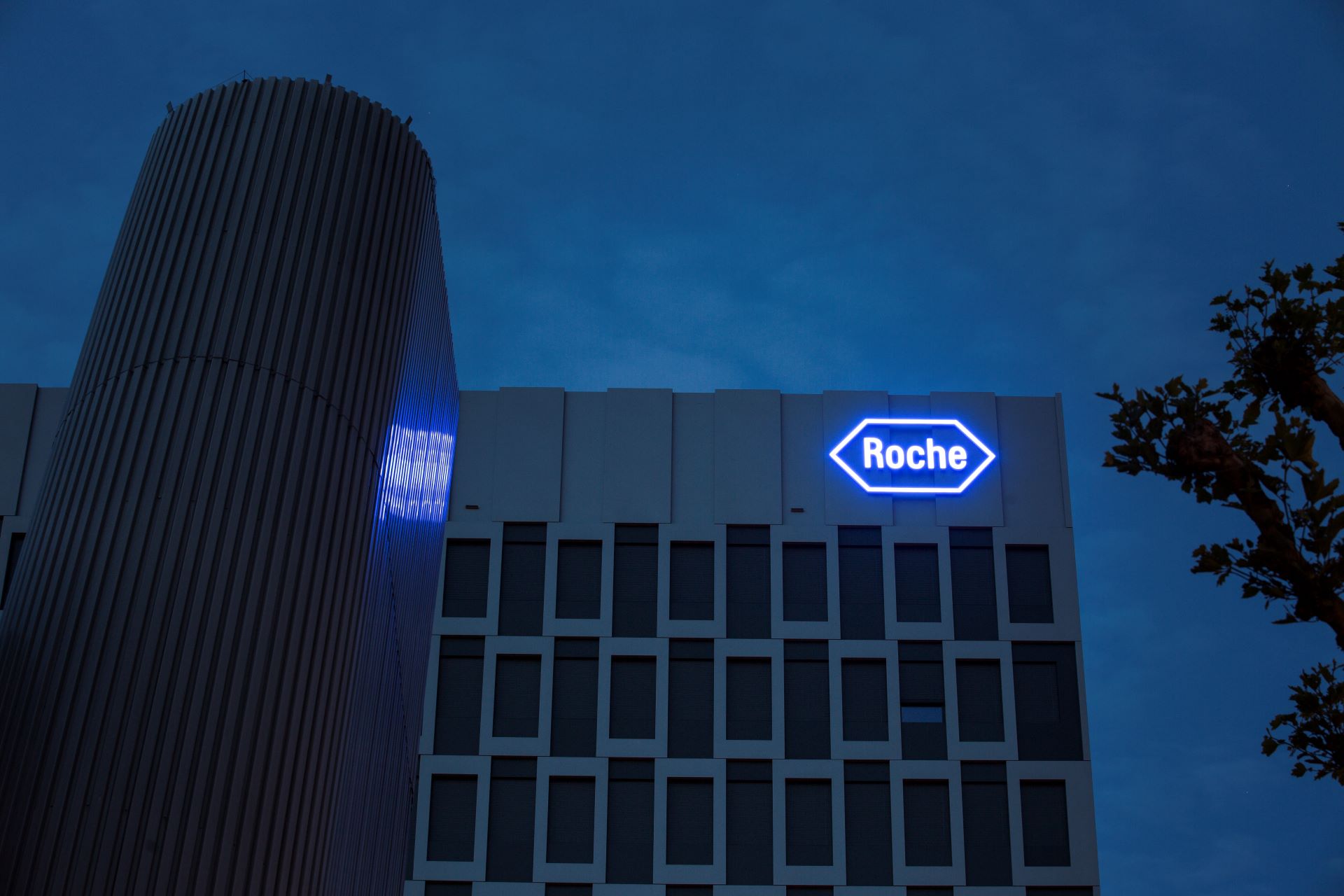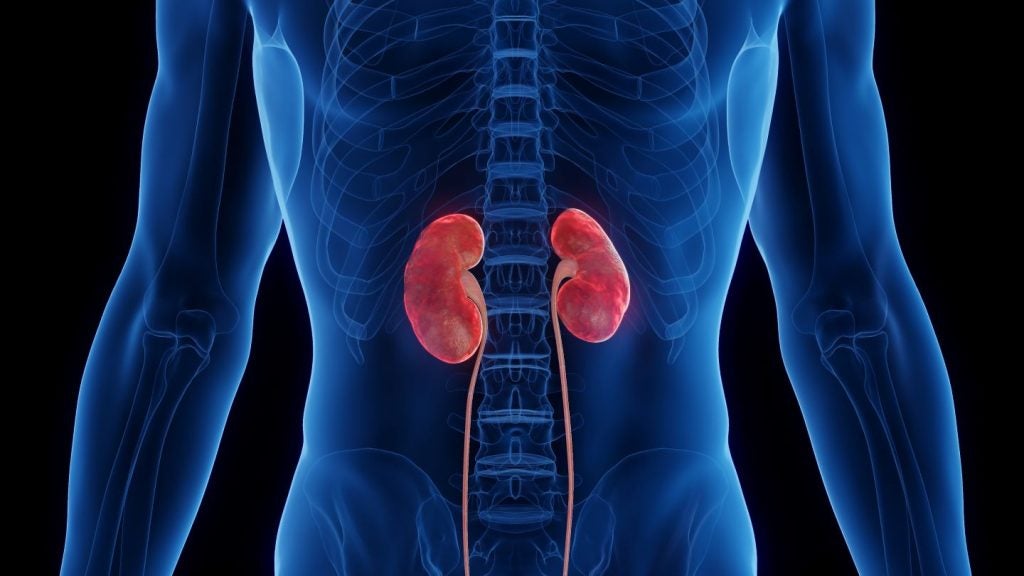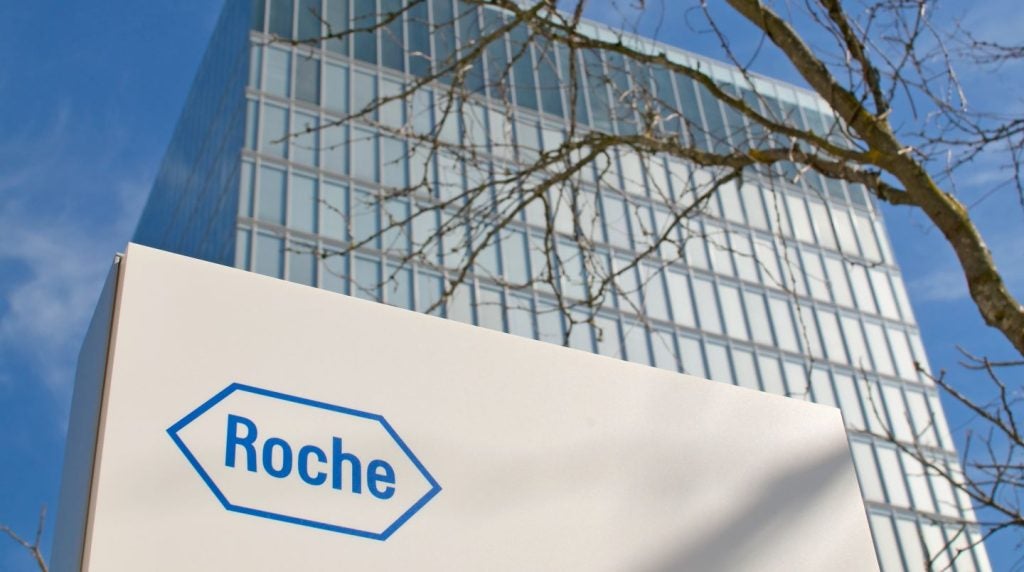
Roche has reported the latest results from the Phase III IMpower010 clinical trial where its Tecentriq (atezolizumab) offered substantial disease-free survival (DFS) benefit in individuals with Stage II-IIIA non-small cell lung cancer (NSCLC) whose tumours express PD-L1≥1%.
A monoclonal antibody, Tecentriq can attach to a protein called Programmed Death Ligand-1 (PD-L1), which manifests on tumour cells and tumour-infiltrating immune cells.
It hinders PD-L1’s interactions with PD-1, as well as B7.1 receptors, thereby potentially enabling T-cell activation.
The international, multicentre, open-label, randomised Phase III trial assessed the efficacy and safety of Tecentriq versus best supportive care (BSC), in Stage IB-IIIA NSCLC patients after surgical resection and up to four cycles of adjuvant cisplatin-based chemotherapy.
It enrolled 1,005 subjects, who were categorised into a 1:1 ratio to receive either Tecentriq for up to 16 cycles or BSC.
Investigator-determined DFS in the PD-L1-positive Stage II-IIIA, all randomised Stage II-IIIA and ITT Stage IB-IIIA populations was the trial’s primary goal.
How well do you really know your competitors?
Access the most comprehensive Company Profiles on the market, powered by GlobalData. Save hours of research. Gain competitive edge.

Thank you!
Your download email will arrive shortly
Not ready to buy yet? Download a free sample
We are confident about the unique quality of our Company Profiles. However, we want you to make the most beneficial decision for your business, so we offer a free sample that you can download by submitting the below form
By GlobalDataOverall survival in the complete trial population, ITT Stage IB-IIIA NSCLC were some of the secondary goals.
According to the trial data, Tecentriq treatment after surgery and chemotherapy offered a 34% decline in risk of disease recurrence or death (DFS) Stage II-IIIA NSCLC patients whose tumours express PD-L1≥1% versus BSC.
Safety data for Tecentriq were in line with the already reported safety profile, without any new safety signals detected.
Roche chief medical officer and Global Product Development head Levi Garraway said: “Today, more than half of all people with early-stage NSCLC experience recurrence following surgery.
“IMpower010 shows how, for the first time, a cancer immunotherapy may help many of these patients live longer without their disease returning.”
Furthermore, Tecentriq as adjuvant provided a DFS benefit in the Stage II-IIIA patient population regardless of the disease stage and across the key prior treatments.
In Stage II-IIIA, NSCLC patients whose tumours express PD-L1 TC ≥1%, for locoregional and distant sites, improvement in time to relapse was noted on receiving Tecentriq as against BSC.
Earlier, the US Food and Drug Administration granted priority review to Tecentriq as adjuvant treatment for some early NSCLC patients. The application is presently being reviewed by the agency under the Real-Time Oncology Review pilot programme.
An FDA decision on the approval is anticipated by 1 December this year, Roche noted.
In May, Roche reported positive interim data from the Phase III IMpower010 trial where Tecentriq improved disease-free survival in early-stage NSCLC patients.







